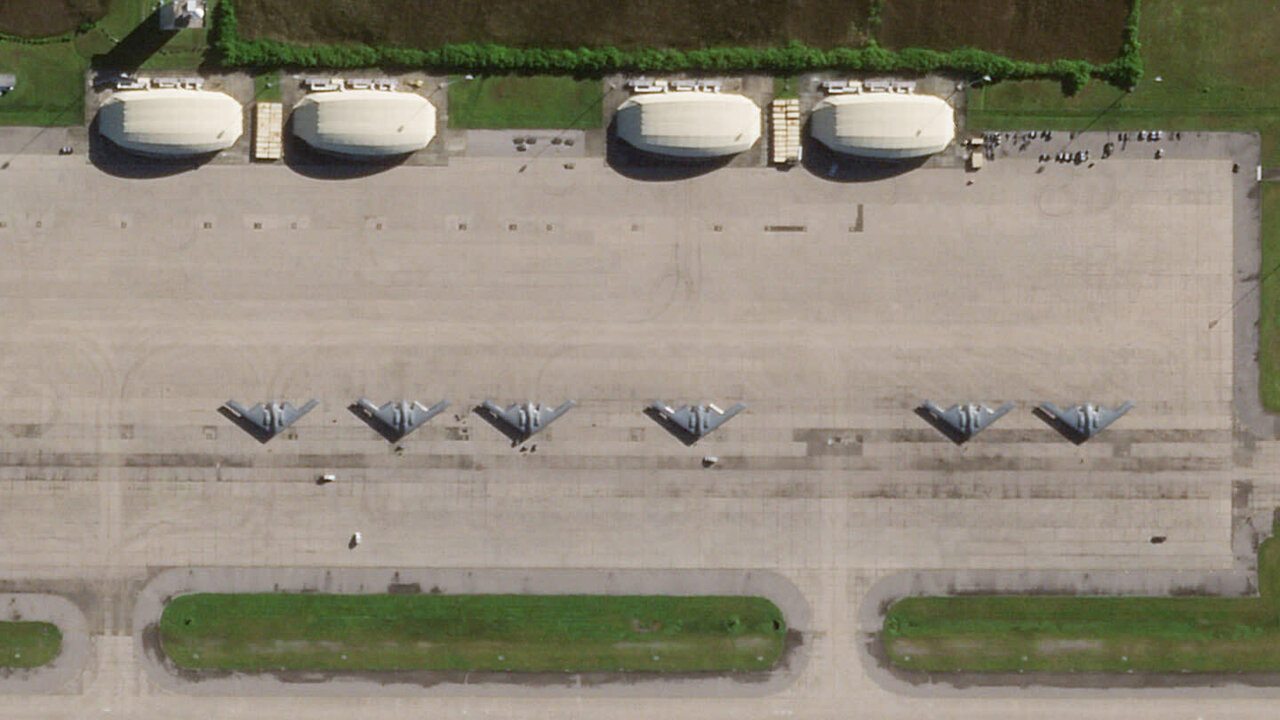‘War with Iran is suicidal!’: Americans unite against a war they believe will serve Israel, not US

TEHRAN – As U.S. President Donald Trump amplifies his threats against Iran and orders military posturing around West Asia and beyond, his connections to the Israeli regime and influential Zionist figures have significantly shaped his support for Tel Aviv's atrocities in Gaza and his military actions in Yemen.
Concurrently, an unprecedented coalition of American voices—spanning conservative, progressive, and libertarian perspectives—is urging an immediate halt to what they believe is an increasingly dangerous trajectory.
Their message is clear: Military action against Iran would destabilize West Asia, drain American resources, and prioritize foreign agendas over domestic needs.
They warn that a possible war with Iran is not only unwinnable but antithetical to U.S. interests.
From Carlson to CodePink
Influential figures across the political spectrum are amplifying calls for restraint.
Tucker Carlson, whose commentary reportedly swayed Trump’s decision to de-escalate after Iran shot down a U.S. surveillance drone that had breached Iranian airspace, issued a blunt social media rebuke on Monday: “It’s clear that now is the worst possible time for the United States to participate in a military strike on Iran. Thousands of Americans would die. We’d lose the war that follows.”
His critique viewed millions of times, underscores a growing conservative disillusionment with interventionism.
According to the independent journalist, “nothing would be more destructive” for the U.S. than engaging in a war with Iran.
“This is suicidal. Anyone advocating for conflict with Iran is not an ally of the United States, but an enemy,” Carlson wrote.
Progressives like CodePink’s Medea Benjamin echo this urgency: “War with Iran would be a gift to Netanyahu’s government, not the American people. Let’s stop fighting Israel’s wars.”
Meanwhile, libertarian stalwart Ron Paul, who served as a U.S. Representative from Texas for multiple terms and twice as a Republican candidate, condemned the White House’s pivot toward escalation: “A candidate elected to end wars has significantly escalated the war on Yemen and is now threatening Iran. What is it about the White House that turns every resident into a warmonger?”
The costs of catastrophe
The economic toll of war looms large. The Iraq and Afghanistan conflicts cost at least $6 trillion, and analysts warn that Iran—with its around 90 million population, advanced missile and drone systems could dwarf these figures.
The country also demonstrates its unparalleled strategic prowess by expertly safeguarding the vital Strait of Hormuz—an indispensable maritime corridor for global trade and oil transport.
A firestorm in that strategic area could lead to a blockade or conflict that sends oil prices skyrocketing, destabilizing economies worldwide and fueling inflation.
Curt Mills of The American Conservative starkly framed the risk: “A strike would merge Afghanistan’s mountains and Iraq’s urban hellscape into a regional catastrophe.”
Human costs are equally dire. Retired Army Colonel Douglas MacGregor and former Pentagon advisor cautioned that attacking Iran could spawn “ISIS times one hundred,” paving the wave for triggering waves of extremism.
Other commentators also pointed to other factors, such as the difficulty of urban warfare in Iran.
Tehran, shielded by natural fortifications like the rugged Alborz Mountains and the expansive Zagros range, would present significant challenges to any invading force.
Moreover, senior Iranian officials—including Ali Larijani, an advisor to the Leader of the Islamic Revolution, Ayatollah Seyyed Ali Khamenei—have warned that a military strike could compel Iran to fast-track its nuclear program and potentially develop nuclear weapons for self-defense. That would only intensify the risks of nuclear proliferation and further complicate efforts toward diplomatic resolution.
Israel’s influence and the shadow of Iraq
Critics also argue that external actors—not U.S. interests—are driving escalation.
Israeli Prime Minister Benjamin Netanyahu’s calls for a “military option” and “a Libyan model”—phrases hawkish and neoconservative U.S. officials such as Senator Tom Cotton and National Security Advisor Mike Waltz use often,—has given the game away.
Glenn Greenwald, an independent Pulitzer Prize-winning journalist and author, condemned “the toxic fusion of think-tank warmongers and foreign-funded PACs pushing for confrontation.”
“Is Trump that big a hypocrite that after running an anti-war campaign, he’d bomb Iran? That’s a Cheney move. It would make him completely pro-war. And just to please Israel,” wrote Cenk Uygur, a progressive commentator.
“The pressure is coming from Israel,” stated Nick Fuentes, a nationalist American political commentator whom Western media has labeled far-right, adding that the regime “has manufactured the entire crisis, and helped to install Trump with the goal of destroying Iran.”
Historical parallels to the Iraq War also haunt the debate. Scott Horton, a foreign policy analyst, noted: “The lie sold the Iraq War. Similar tactics are now being employed against Iran.”
With zero Iran-linked fatalities on U.S. soil, critics like Carlson question the threat narrative: “Compare the numbers—over 108,000 overdose deaths, 49,000 suicides... Still think Iran is the greatest threat?”
The call for peace extends beyond political and media circles. Public figures like comedian Rob Schneider passionately amplify the “NO WAR WITH IRAN!” message, resonating widely across America.
The anti-war coalition insists dialogue, not ultimatums, must prevail. The alternative—war—promises only ruin. As The American Conservative warned: “War with Iran is a path to destruction.”
